Hospital Patient Advocacy: What an Aging Life Care Manager Does for You
A hospitalization is stressful for patients and their families; navigating the different tests, providers, payment concerns and more can be overwhelming. Hospital patient advocacy has therefore played a large role in what Aging Life Care Managers do for their clients. This process often starts from the moment of an emergency room visit through admission, various tests and procedures and ensuring a safe transition post-discharge.
Hospital Patient Advocacy: Crisis Response at the ER
Aging Wisely offers a service in which our Aging Life Care Managers are on-call for you in case of emergencies any time. This provides peace of mind for elders and their families knowing an experienced professional who knows their situation will be there during the emergency. If you’ve ever visited an ER, you can understand why a family doesn’t want their sick, elderly (and possibly confused) loved one to be there alone. In our years responding to such situations, patients and their families have been extremely grateful for the support but ER staff have also expressed the value of having more information about the patient and someone coordinating.
Understanding Tests, Care, Treatment Plans and Costs
Another area where our care managers have consistently helped in the ER and beyond is asking clarification questions about tests, treatments, and understanding the care plan and vital issues like observation status. Many patients (and their families) find themselves surprised when they learn that even though they’ve been spending the night at the hospital they have been classified as “outpatient” while under “observation”. This can have significant implications for hospital and after-care bills. Read more.
Fortunately, a law called Notice was passed August 6, 2015 to ensure patients receive written and verbal notification of this status with an implementation deadline of one year later (8/6/16). As of this date, hospitals will be required to provide a MOON (Medicare Outpatient Observation Notification) in writing within 36 hours to anyone undergoing observation or being treated as an outpatient for more than 24 hours. Aging Life Care Managers will ensure that you receive these notifications as required and help you and your family understand all the implications and options.
Aging Life Care Managers coordinate between your providers, help make sure they have the information they need (your medical history, preferences, etc.), and make sure everything is clear so that you (and/or your decision makers) are part of the process. Sometimes this helps avoid an unnecessary/repeat testing procedure. At other times, it means your medical team can recommend a more appropriate course of treatment for you with a full understanding of your past history and your current situation and wishes. It means you and your family can make more informed choices and not feel as overwhelmed.
Eyes and Ears: Observing, Asking Questions, Focus on the Individual
An Aging Life Care Manager is hired by you and your family as your personal advocate. This means the focus is on you as an individual…and your goals and wishes, not institutional goals or requirements. We understand the institutions and systems we are helping you to navigate, but we approach the situation to find solutions that work, within the realities, for YOU.
A care manager will typically do various things on any hospital visit, including observing and talking with you and hospital staff, reviewing your chart and asking follow-up questions. With our experience and the time and attention to focus on you, we often spot little things that can turn into big issues. This could be a change in your typical cognition or mood, which might indicate an infection or some underlying medical change. The care manager’s chart review or discussions might turn up an order for a new medication which has had poor results for you before. Sometimes, the care manager notices a fall or infection prevention protocol is seemingly not being followed. The care manager’s role is to observe and raise this information with the medical professionals, who can then use this information to provide even better treatment.
Discharge planning and ensuring a smooth transition is a whole other aspect of hospital patient advocacy. We’ll cover more on that later, but you can read a few of our past articles on hospital discharge in the meantime. Make sure you’re signed up for our newsletter so you always get the latest news and information!
For help with hospital patient advocacy:






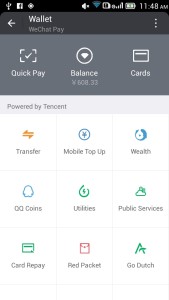
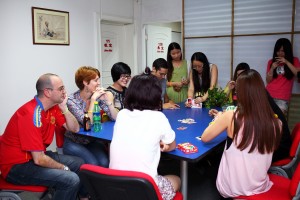

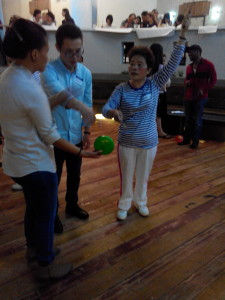






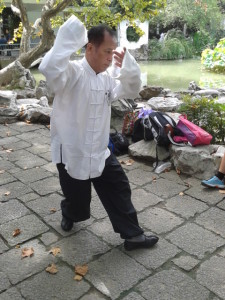

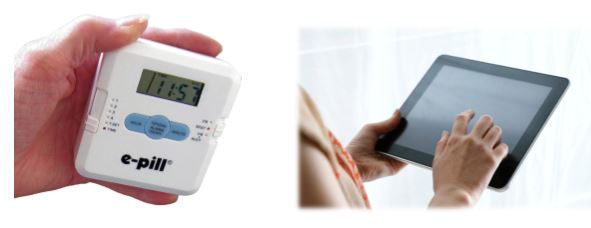
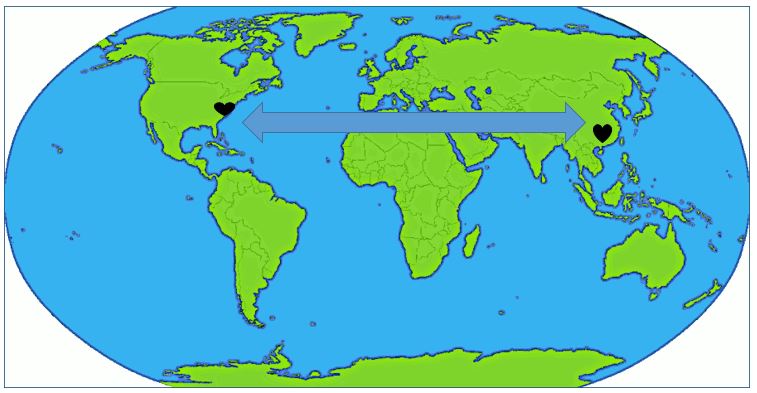

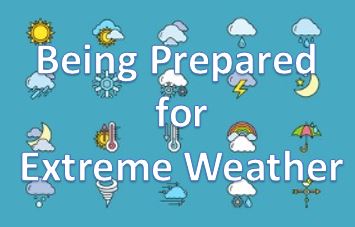

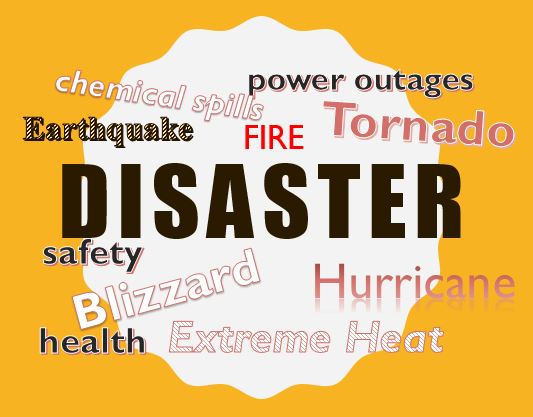
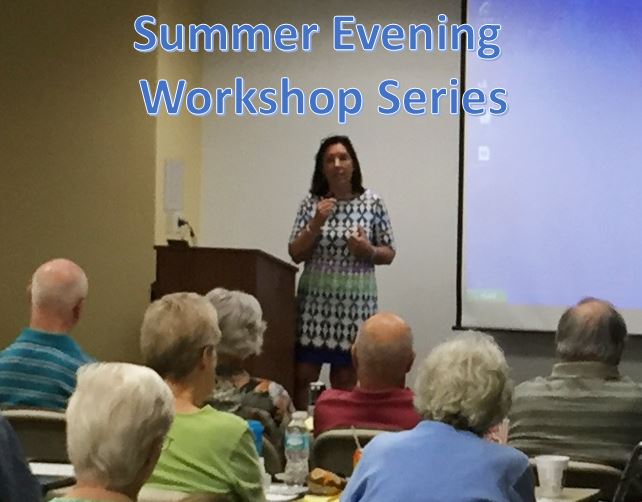
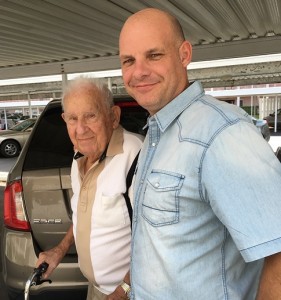







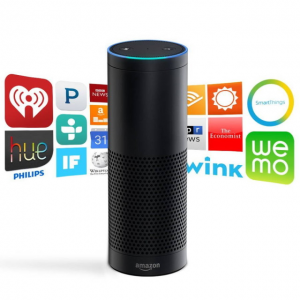





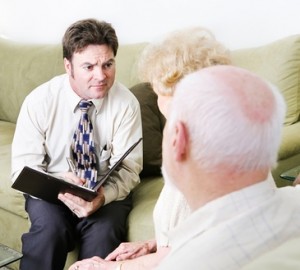
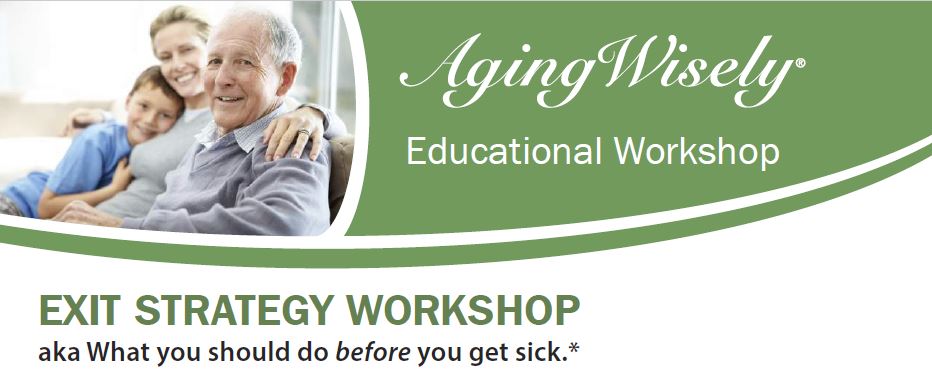




 Popular Downloads
Popular Downloads


 Get Our Newsletter!
Get Our Newsletter! Mission Statement
Mission Statement

